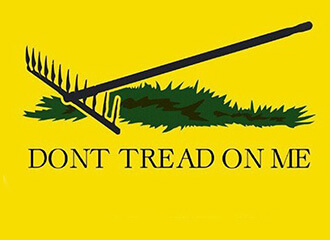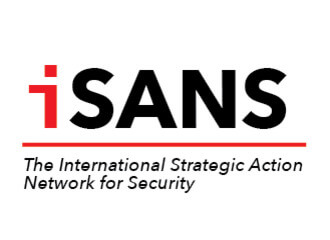На русском языке:
Мнение. «Белорусский порядок» о дискуссии в обществе после слов Клинова и Кравцова
На беларускай мове:
Меркаванне. «Беларускі парадак» пра дыскусію ў грамадстве пасля слоў Клінава і Краўцова
The telegram channel «Belarusian Order» published a post in which its authors analyze the position of Artur Klinov and Ivan Kravtsov, the representative of the Babaryka headquarters, whose interviews and desire to enter into a dialogue with the regime caused a violent reaction in society. Here is the opinion unchanged.
A brief analysis of Klinov’s position was given by journalist Alexey Karpeko in his channel. In a brief retelling: the protests were fueled by the Kremlin, the confrontation has reached an impasse, society must move towards the regime, a new social contract is needed.
That is, the proposal to return to 2019, when it was possible to engage in social and cultural activities with a careful eye, and the gross was targeted: in relation to the defenders of Kurapaty, anarchists, Statkevich’s Gramada, etc.
Kravtsov’s position in some ways develops the topic. Compressing all that has been said, we get a) a dialogue should begin without preconditions, b) as a compromise to remove the demand for new elections, c) the regime cares about something other than the preservation of power (haha) and there are contacts for a dialogue. This is accompanied by criticism of sanctions and positioning oneself as a constructive opposition against the background of «radicals». Kind of Tell the Truth 2.0.
Both speakers are looking for a way out of the protracted crisis and believe in the formula of peaceful coexistence with the regime. That after its implementation, some people will be released, and the repression will be stopped. This is all based on two myths:
- the regime could allow the national bourgeoisie and civil society to evolve long enough to accumulate the strength for a quick victory. And Babaryka’s stand as a candidate was a mistake. Many people thought so, including me.
- the regime will go for a kind loosen its grief, which will give Belarusians a break and the opportunity to accumulate resources until the next time.
But there are two mistakes here. The first is that no matter how much strength the Belarusian society has accumulated, the middle class and intelligentsia would hardly go to forest schools to prepare for the guerrilla. Belarusians were preparing for the elections, and Lukashenka was immediately preparing for war. So whenever a collision occurred, a year later or two, we would still not be ready.
The second concerns coexistence with the regime. This formula has long been found and designated by them: to finish off the wounded, to break the prisoners, all activity is strictly under the control of ideologists and relevant bodies. All entry points into politics are closed on Yura and the new «patriots» from the most ardent yabatski [supporters of Lukashenko-ed.] . The rest — to jail or out of the country.
It would be naive to believe that the regime is so stupid as to give opponents a break as a result of negotiations. Lui [Lukashenko-ed.] and his gang have already said many times that they will not allow a repeat of 2020, where civil society and the middle class are designated as the culprits of the events. This was articulated by Lukashenko, pronounced by Dzermant, Ozverenok [Azaronak-ed.] and the rest. This is their logic and the principle of existence.
But the good news is that there is a lively discussion. Judging by the reaction of the audience, politically active Belarusians are not ready to discuss the terms of surrender. But then a natural question arises: Okay, if not surrender now, then what's next?
And here there is a number of options offered by different actors:
- Active resistance and rebellion, for which Supratsiu, Prokopiev, partly Bypol (the Peramoga plan) advocate.
- Economic blockade and external pressure to provoke the mistakes of the regime and force new elections (Tsikhanouskaya’s Office, NAM).
- Flexible diplomacy (let’s call it that way). It offers part of Babaryka’s headquarters (I wonder what Viktar Dmitrievich thinks about this), part of the expert community and the national intelligentsia, as well as Zyanon Paznyak.
The first two options are not mutually exclusive and in some ways complement. Each involves a specific pattern of behavior. The third requires a certain flexibility of position and thinking, which must be shown to both sides. Judging by the fact that the words «Lukashenko» and «flexibility» are somewhere on different parts of the continent, and his opponents have nothing to offer, this track will definitely remain unused.
P.S. If someone has heard about Artur Klinov for the first time, I highly recommend reading his «Shalom». A wonderful book, especially for difficult times.

